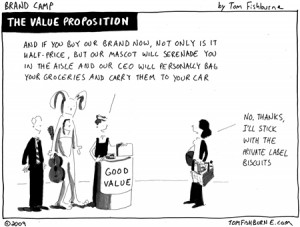WHAT IS CUSTOMER VALUE PROPOSITION?
Typically used as a marketing strategy aimed at consumers, related to a specific product or service. These strategies detail the reasons why a consumer would benefit from purchasing the advertised product.
THE ARTICLE
The article “BAE, EADS talks may spur more mergers” is about the collaboration of BAE Systems, a defence and security product provider, and EADS a global leader in providing aerospace and military defence services. Particularly how both European sectors of the companies are in “advanced talks to create an industry giant that would overtake rival(s)…”
A brief overview of BAE and EADS’ big talk is to keep up with competing business’ include overtaking rivals in sales and contend with cutbacks in Europe and the United States. They are also aiming to create a better balance between commercial and defence for EADS, and obtain breadth in civil aircraft for BAE Systems.
WHO’S THE RIVAL?
The main rival being Boeing, Chicago-based aerospace leader.
SO, ABOUT THOSE VALUE PROPOSITIONS IN THE ARTICLE?
Value propositions are important for companies to use to indicate in which categories there is room for growth and advancement, or in what categories there are already companies at the top of the ladder.
In this case, BAE has a largely established image as a defence company, so trying to expand into civil aircraft could be unappealing to investors and tough to compete with companies who provide civil transportation as their primary service.
INTERESTED IN READING MORE?
Here’s the link:
The Globe and Mail: “BAE, EADS talks may spur more mergers”
Below is an image for COMM 101 students’ enjoyment in the understanding of Value Propositions!

